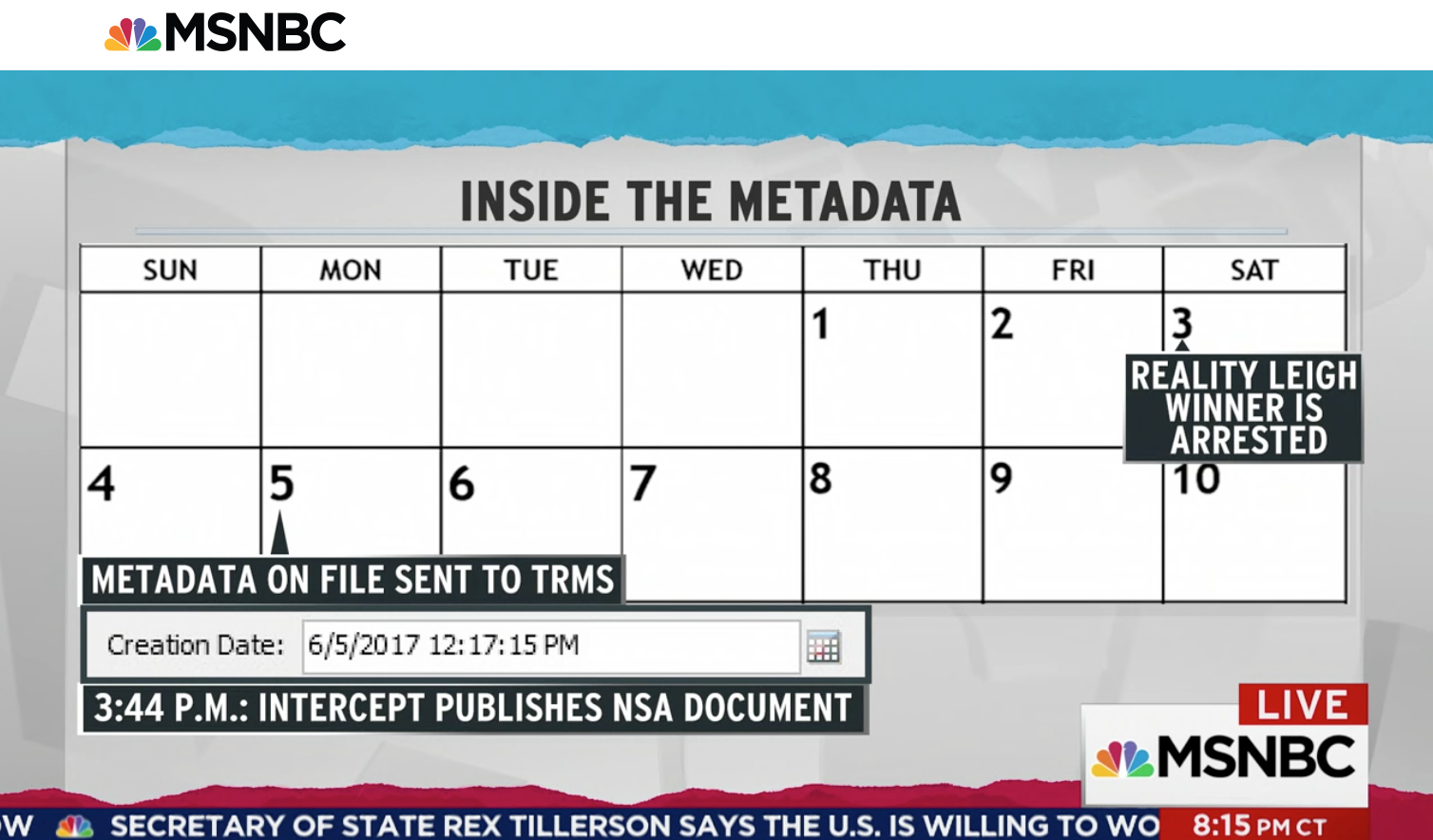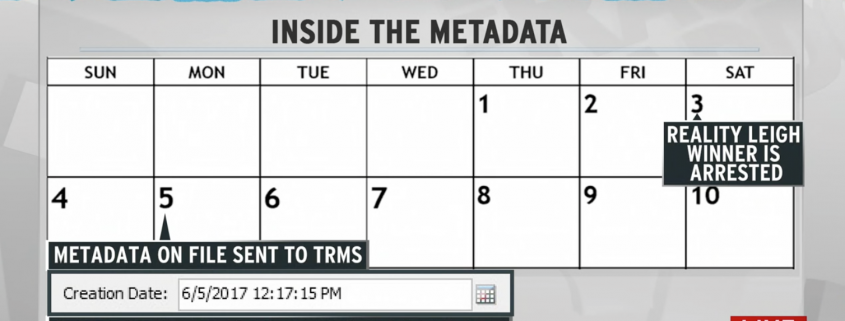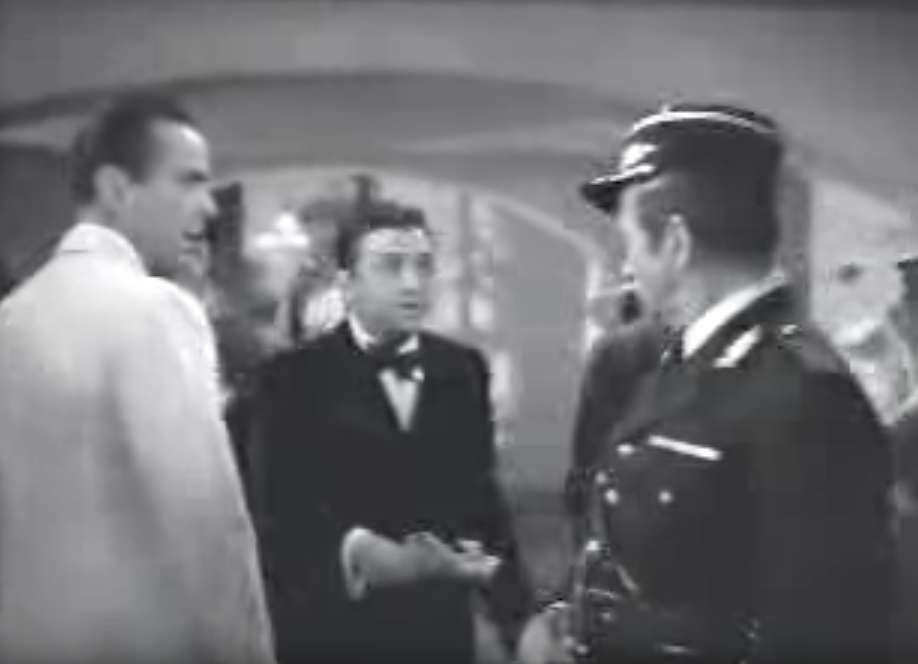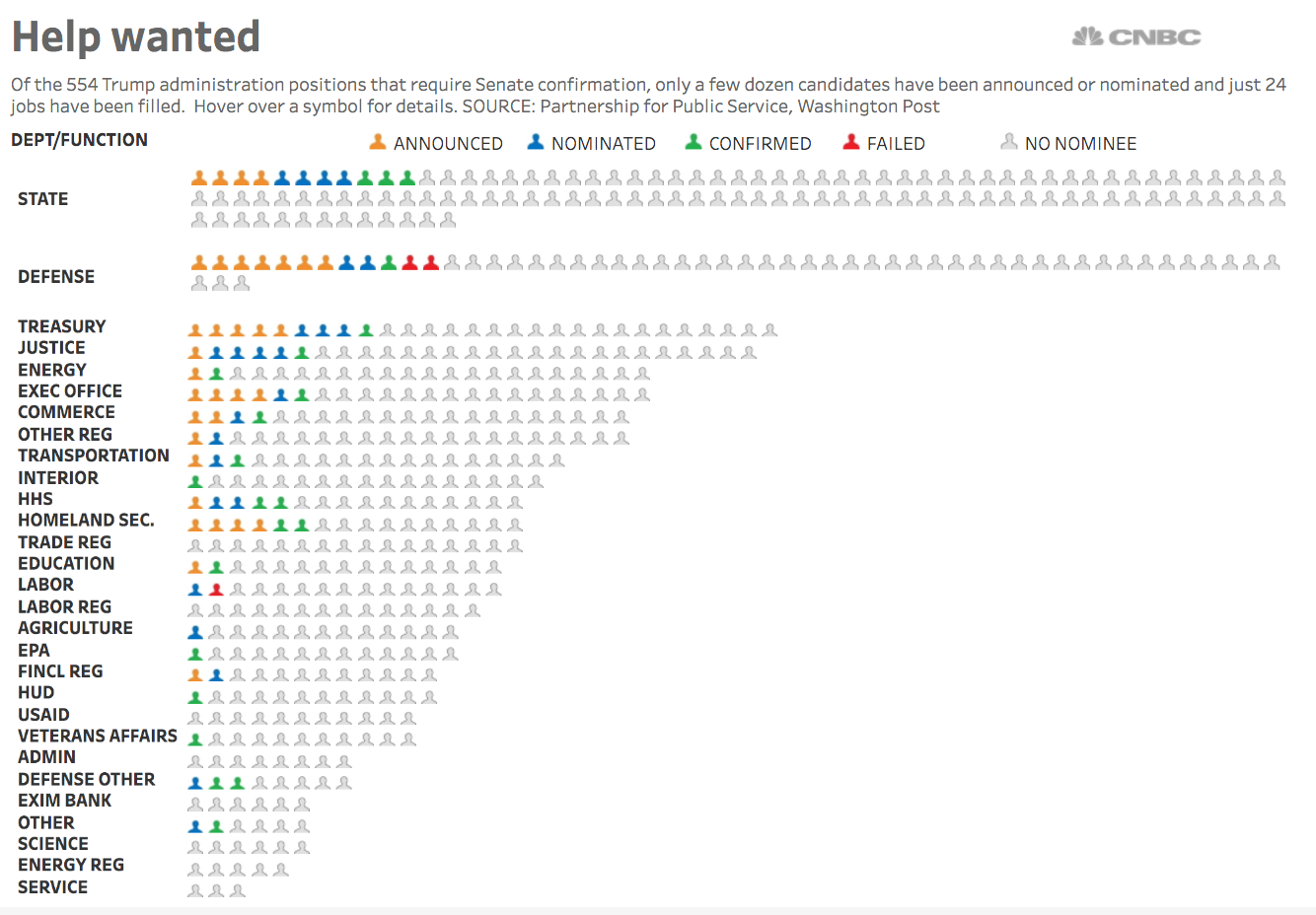NYT has gotten a lot of heat for letting associates speaking for Jared Kushner who nevertheless refused to be IDed as such provide this explanation for why he asked Sergey Kislyak for a channel of communications that bypassed any US intelligence scrutiny.
Jared Kushner, President Trump’s son-in-law and senior adviser, spoke in December with Russia’s ambassador to the United States about establishing a secret communications channel between the Trump transition team and Moscow to discuss strategy in Syria and other policy issues, according to three people with knowledge of the discussion.
I would defend NYT on two grounds. First, while I’m totally supportive of WaPo (and others) providing anonymity for their sources who are providing highly sensitive details about what went on, they, too, could provide a bit more detail so readers could understand the motives, not least by indicating whether these were Congressional (and therefore partisan) or intelligence sources.
But I also think it highly likely the relationship between the Syria claim and what is really going on is similar to the original NYT explanation of this meeting — that it served to “establish a line of communication” between the Trump Administration and Russia and what has now been disclosed as an effort to establish a line of communication that bypassed all IC scrutiny. That is, I suspect those who shared this excuse believe it and believe it is rational within a larger context, and I believe it describes part of what they know to be going on. (Don’t go nuts just yet — I’m not defending that belief.)
Before I explain what I mean, consider a few more data points.
First, in this appearance, Juliette Kayyem and Steven Hall distinguish what this appears to be — a channel that bypasses the IC — from one that uses a third country (the Pope, in Kayyem’s example of President Obama’s back channel to Cuba) to establish a dialogue with an estranged country, a traditional back channel.
But remember, this is not the only country Kushner was establishing weird communications with. The WaPo story on this reminds of Trump’s secrecy surrounding a meeting between the Sheikh Mohamed bin Zayed al-Nahyan and Kushner, Flynn, and Bannon.
Trump’s advisers were similarly secretive about meetings with leaders from the United Arab Emirates. The Obama White House only learned that the crown prince of Abu Dhabi was flying to New York in December to see Kushner, Flynn and Stephen K. Bannon, another top Trump adviser, because U.S. border agents in the UAE spotted the Emirate leader’s name on a flight manifest.
And WaPo ties that meeting to a meeting, brokered by UAE, between Erik Prince and a Putin confidante on January 11.
Now consider National Security Adviser H.R. McMaster’s take on all this. First, he’s not all that concerned that his boss’ son-in-law tried to set up a channel of communication using an adversary’s facilities. According to him, they do this all the time!
“We have back-channel communications with any number of individual (countries). So generally speaking, about back-channel communications, what that allows you to do is communicate in a discreet manner,” McMaster said.
“So it doesn’t pre-expose you to any sort of content or any kind of conversation or anything. So we’re not concerned about it.”
Actually, he does have a point there. There’s the Emirates meeting, but there’s also Mike Flynn’s discussions of kidnapping Fethullah Gulen at the behest of Recep Erdogan. You might even include Rudy Giuliani’s intervention in the Reza Zarrab case.
As if McMaster’s lackadaisical attitude about Kushner’s attempt to use Russia’s facilities isn’t weird enough, though, there’s something else. Even before he made this weird defense of Kushner’s back channels, McMaster was excluded from at least one meeting on Trump’s overseas trip: that between Trump and Bibi Netanyahu.
National security advisor H.R. McMaster was left out of a meeting between President Donald Trump and Israeli Prime Minister BenjaminNetanyahu on Monday, a move that raised eyebrows among officials.
According to Kafe Knesset, Trump met with Netanyahu Monday evening, starting with a one-on-one meeting. The forum was soon expanded by several advisors on each side, including Jared Kushner, Jason Greenblatt and Ambassador David Friedman on the U.S. side, according to Israeli officials.
Secretary of State Rex Tillerson was also later invited to the expanded meeting, per an official, but “McMaster sat outside the King David room during the course of the entire meeting.”
So perhaps we can add Israel to the list of countries that Kushner has been establishing back channel communications with.
For better or worse, a back channel with Israel by itself would never get you accused of treason in the US. But I do find it interesting given the underlying precedent to Devin Nunes’ complaints about “unmasking:” the earlier collection of conversations in which Bibi told Members of Congress what the Obama Administration’s plans were with respect to Iran. The conversations of Trump associates that Nunes was outraged were unmasked didn’t involve Russia, he said, but did they involve Israel? Or Turkey or the Emirates?
With all that in mind, consider what the purported Middle East peace that Kushner has reportedly been crafting would actually look like. It’d include unlimited support for Israeli occupation of Palestine. Bashar al-Assad would be ousted, but in a way that would permit Russia a strategic footprint, perhaps with sanction of its occupation of Crimea and Donetsk as well. It’d sanction the increasing authoritarianism in Turkey. It’s sanction Saudi Arabia’s ruthless starvation of Yemen. It’d fuck over the Kurds.
And it’d mean war with Iran.
Trump took steps towards doing most of those things on his trip, not least with his insane weapons deal with Saudi Arabia, itself premised on a formal detachment of weapons sales from any demands for respect for human rights. Of particular note, Trump claimed to be establishing a great peace initiative with Islamic countries, even when discussing meetings that treated Iran (and by association most Shia Muslims) as an enemy.
Several days ago in Saudi Arabia, I met with the leaders of the Muslim world and Arab nations from all across the region. It was an epic gathering. It was an historic event. Kind Salman of Saudi Arabia could not have been kinder, and I will tell you, he’s a very wise, wise man. I called on these leaders and asked them to join in a partnership to drive terrorism from their midst, once and for all. It was a deeply productive meeting. People have said there had really never been anything even close in history. I believe that. Being there and seeing who was there and hearing the spirit and a lot of love, there has never been anything like that in history. And it was an honor to be involved.
Kushner’s “peace plan” is not so much a plan for peace. It’s a plan for a complete remapping of the Middle East according to a vision the Israelis and Saudis have long been espousing (and note the multiple nods on Trump’s trip to the growing alliance between the two, including Trump’s flight directly from Riyadh to Tel Aviv and Bibi’s comment on “common dangers are turning former enemies into partners”). It’s a vision for still more oppression (a view that Trump supports globally, in any case).
Yes, it’d probably all be accomplished with corrupt self-enrichment on the part of all players.
And it’d likely be a complete clusterfuck.
Which is why you’d want to keep all of that — not just the conversations in which you persuade Russia to ditch Iran as an ally, but also the conversations where you reverse long-standing policy with Israel and America’s embrace of human rights — from the intelligence community.
Because the actual experts, the people who’ve long played a game with our frenemies Israel, Saudi Arabia, and Turkey (and a battle with our adversaries like Russia), would explain all the problems with the plan.
I get why the focus on Russia is important, here.
But what if that focus is preventing us from seeing the vast forest of a horribly realigned American foreign policy for one Russian birch tree?
This post has been updated.
Update: A longtime (but anonymous) friend of the blog sent this humorous interpretation.
***************************<eyes only>****************************
To: DJT
Fr: JK
Dt: 5/28/17
Re: NWO
Sir,
This is to summarize the state of play in our negotiations for the NWO Project.
Everything’s a Go.
Oligarch Turf Stipulations
Putin Russia/Europe No Muslims/No Refugees/Segregated Minorities
Trump Americas/Britain No Muslims/No Refugees/Segregated Minorities
Xi Asia/Pacific No Muslims/No Refugees/Segregated Minorities
? Africa
Strongmen
Erdogan
Duterte
Un
Servicers
Israel Global Finance
Saud Middle East Portal/Muslim Vetting
Britain Eurussian Portal
Japan Pacific Portal
Prince NWO Police
Winners and Losers
Authoritarians Democracy
Exceptionalists Rule of Law
Oligarchs Everyone Else
Men Women
Caucasian/Han All other Ethnicities
Sunni Shia
Jews Palestinians
Christians Non-Christians
Russians Europe, Ukraine, Crimea, Al Assad
China Taiwan, Hawaii (u gave them?)
Israel Iran, Palestinians
Saud All of the Middle East ex. Israel
Gen. Bannon says the next step in the plan is Operation Revenge479…
Doing my best to put you in good positions.
Love you, Pop!
J
**********crypto room fsb dc emb uid: skislyak //sci.nwo.kompromat***********








